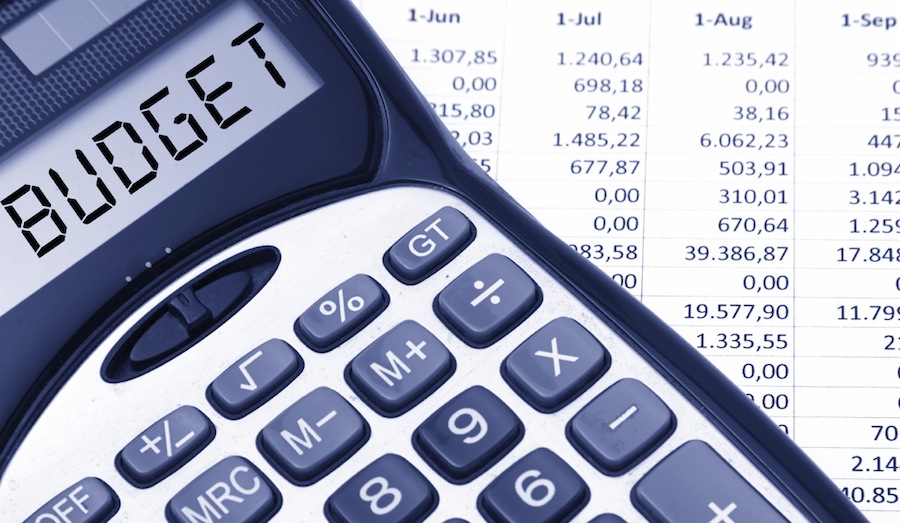The Abbott Government has unveiled the 2015-16 Budget, unveiling a $5.5 billion package driven by tax breaks aiming to support the nation’s 2 million-plus small businesses.
As was predicted, Australia’s small businesses are to receive a 1.5 per cent tax cut, a $3.3 million Budget slice to benefit small business from July 1. The 1.5 per cent tax cut will apply for businesses with an annual turnover of under $2 million, while unincorporated businesses, including sole traders and partnerships, will see a 5 per cent tax discount.
“From 1 July this year, small companies with annual turnover of less than $2 million will have their tax lowered from 30 per cent to 28 ½ per cent,” Treasurer Joe Hockey said in his Budget release.
“Unincorporated business will get an annual 5 per cent tax discount up to $1,000.”
Businesses that grow past $2 million p.a. will get their taxable income taxed at 30 per cent.
Added asset deductions are also on offer. The Government is to provide small businesses with tax deductions on assets valued under $20,000, a substantial increase from the $1,000 value threshold that has been offered until now.
Small businesses will be able to use the $20,000 threshold on each individual asset, but depreciation regulations do apply for certain assets. An immediate write-off will not be on offer for some assets, including in-house software and horticultural plants.
The small business community looks to be pleased with the Budget. CEO of the Council of Small Business Australia Peter Strong has stated that he was “impressed” with the results.
“The immediate deductibility for assets purchased up to $20k is as unexpected as it is welcomed. The 5 per cent tax discount for unincorporated small business is another highlight of the budget. There are many more highlights in this budget which provides the lowest tax rate for small business since 1967. The government has promised something special for small business and have delivered on that promise.”
Tim Reed, CEO of MYOB, while welcoming the small business focus, voiced concerns regarding tax clarity.
“The $20,000 accelerated/increased depreciation allowance for small business is simply great news for people who want to back themselves. This move will stimulate small business investment, bring forward planned hires and drive an increase in productivity,” Mr Reed said.
“However we’re concerned about how changes to GST entry thresholds will be implemented. This attempt to simplify could mean businesses are moving in and out of different classifications, which can get very complicated in terms of reporting.”
Dean Steer, Taxation Consulting Director at Bentleys, said the Government needs to be focusing on reducing the amount of red tape holding SMEs back from growth and pointed at the Tax Reform White Paper as an important upcoming development.
“The Government is tinkering at the moment and is, to a large extent, constrained from any significant tax reform as we wait for the outcome of the Tax Reform White Paper,” Mr Steer said.
“While the small business tax cut, accelerated depreciation on assets costing less than $20,000 and the immediate deduction of the cost associated with starting a business are strong investments in the sector, the Government really needs to address the major concerns for SMEs with comprehensive tax reform allowing them the freedom to invest in their businesses.”



